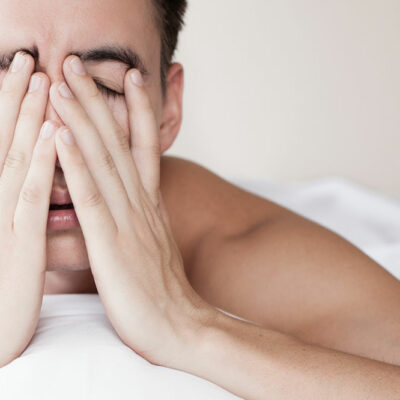
Health
5 Types of Anemia and Their Causes
Anemia is considered the most common blood disorder. It causes a deficiency of red blood cells in the body due to low production or rapid destruction. These blood cells facilitate the transportation of oxygen throughout the body, so anemia can cause several symptoms, including breathlessness. Let’s take a look at the different types of anemia and what one should know about them: 1. Iron-deficiency anemia When the body does not have the required quantity of iron, an individual can develop iron-deficiency anemia. It usually happens due to loss of blood, but it could also be due to poor absorption of iron from dietary sources. Pregnant women develop this kind of anemia as pregnancy and childbirth require a lot of iron and could cause pregnancy-related iron-deficiency anemia. 2. Vitamin-deficiency anemia An individual is at a greater risk of developing this kind of anemia when the vitamin B12 or folate levels go down in their body. This largely happens due to the lack of these vitamins in the diet, and it is commonly diagnosed among people in countries with high malnutrition issues. That said, even developed countries seem to see a rise in the cases of vitamin-deficiency anemia as people opt for fast foods and processed foods that deprive them of the essential nutrients.
Read More 















